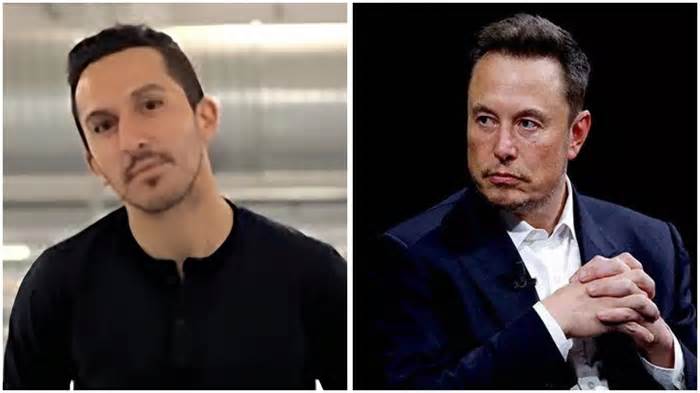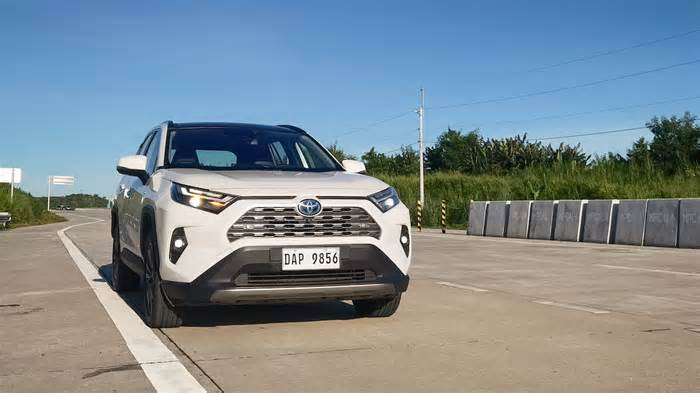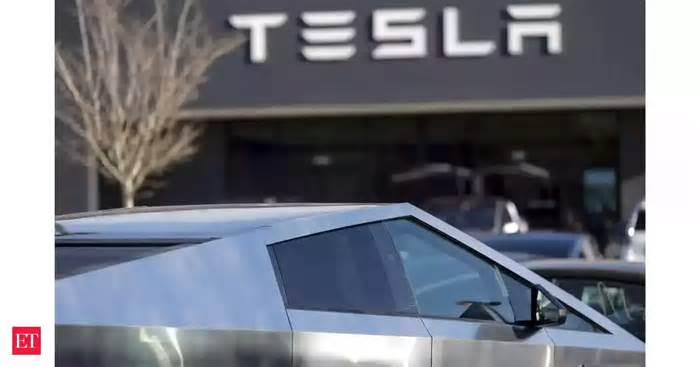
SpaceX's Falcon Heavy launch is huge for the future of spaceflight - Mashable
- by Mashable
- Feb 08, 2018
- 0 Comments
- 0 Likes Flag 0 Of 5

Miriam Kramer
Miriam Kramer worked as a staff writer for Space.com for about 2.5 years before joining Mashable to cover all things outer space. She took a ride in weightlessness on a zero-gravity flight and watched rockets launch to space from places around the United States. Miriam received her Master's degree in science, health and environmental reporting from New York University in 2012, and she originally hails from Knoxville, Tennessee. Follow Miriam on Twitter at @mirikramer. This Tweet is currently unavailable. It might be loading or has been removed.
Trump tweeted his congratulations to Musk and SpaceX on Tuesday night after the launch, and the president has long-touted the benefits of public-private partnerships -- like those between NASA and SpaceX -- as the future of spaceflight.
That future would allow NASA to focus on big missions to the moon and beyond and leave operations around Earth to companies like SpaceX.
That said, the Falcon Heavy isn't exactly the launcher nations and companies have been clamoring for. It's going to have to carve out a niche for itself.
"The Falcon Heavy is in search of a market for itself. SpaceX has gradually improved the Falcon 9's launch capability over the years, so that it can accommodate most payloads," Ostrove said.
"At the same time, small satellites have grown more popular, so the need for a heavy lift launch vehicle is not quite as important as it was when introduced in 2011."
Getting ready for the next one
If nothing else, getting the Falcon Heavy operational at least helps make way for SpaceX's next project.
To hear Musk tell it, the Falcon Heavy's launch and development effectively clears the way for SpaceX's next big ambition: The Big Falcon Rocket.
Musk thinks that the company will be able to start investing more into the BFR now, with test flights -- for this one, just short hops off the ground before coming back to Earth -- starting as soon as next year or so.
The rocket will be SpaceX's most powerful yet, with 31 engines and a huge spaceship designed to bring people deep into the solar system.
By investing more in the BFR, that means that the Falcon Heavy won't need to be rated for human spaceflight, allowing it to function as a cargo vehicle to deep space.
"There are a lot of uncertainties on this [BFR] program, but it is going to be our focus now," Musk said, explaining that the Falcon 9 and Falcon Heavy programs won't need as much support going forward.
"I think it's conceivable that we do a first test flight [to Earth orbit] in 3 or 4 years," Musk added.
We'll see how that prediction holds, and maybe in 2021 or 2022 SpaceX will show us something new.
Featured Video For You
Please first to comment
Related Post
Stay Connected
Tweets by elonmuskTo get the latest tweets please make sure you are logged in on X on this browser.






 Energy
Energy


















